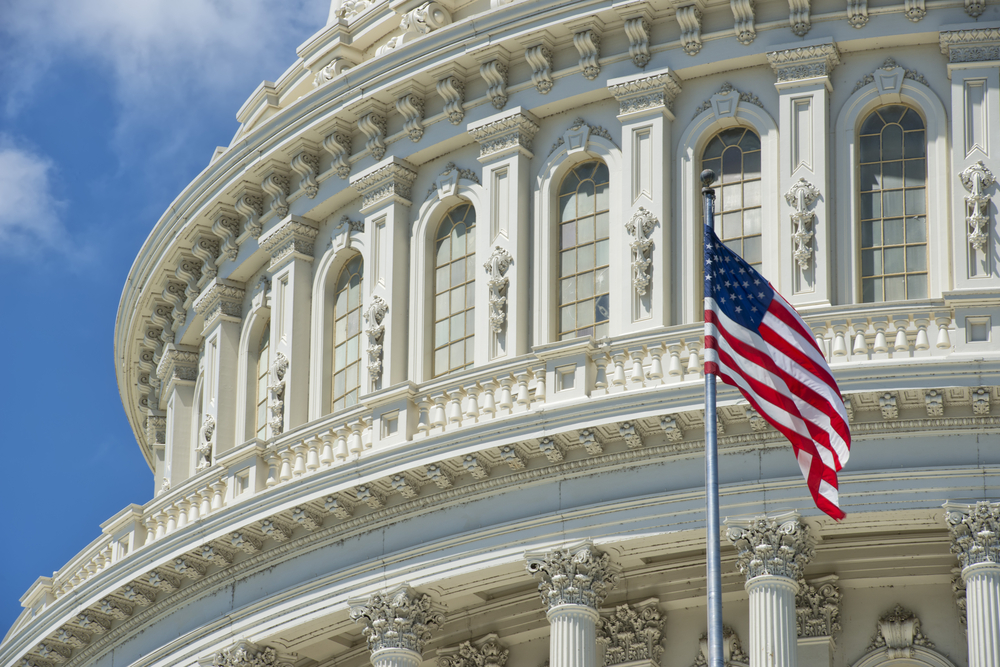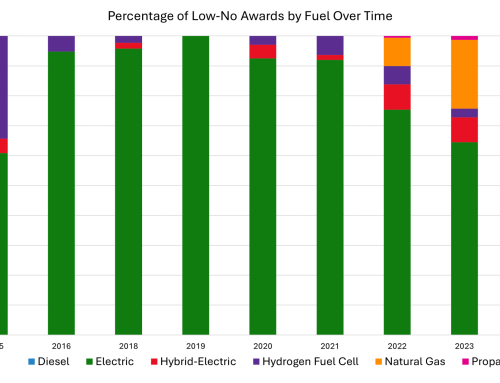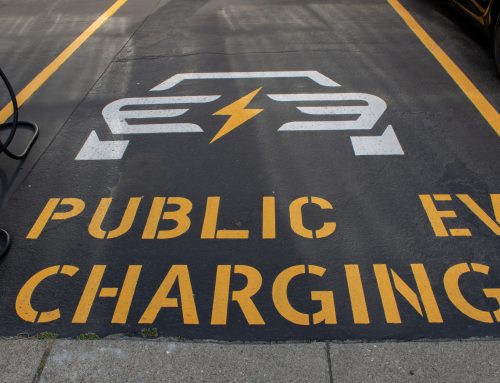
Source: Shutterstock
As the electric vehicle (EV) market continues to reach all-time highs, the technology is increasingly becoming an important ballot issue, both on the state and federal level.
So far in 2024, we have seen action in many state legislatures on issues related to EVs. Now that most state legislative sessions are nearing their end, here are some policy developments that we have been following. As a reminder, our State Policy Dashboard monitors these and more policy developments moving through state legislatures.
States push to provide EV charging incentives
This year kicked off with a win for EV charger reliability in the state of New Jersey. On January 16th, New Jersey Governor Phil Murphy gave the stamp of approval to Senate Bill 3102 after quite a lengthy legislative process. In particular, the bill establishes an uptime requirement of 97 percent for EV charging incentive programs. The statute also directs the Board of Public Utilities (BPU) to “develop and implement” a process to monitor and enforce compliance with the requirement. According to our last assessment of charger availability on the Alternative Fuels Data Center, nearly 6 percent of existing chargers in New Jersey were considered non-operational.
Up next is Virginia, where the current administration’s position on EVs has traditionally been on the thornier side. In January, Virginia House representatives introduced House Bill 107, which creates the Electric Vehicle Rural Infrastructure Program and Fund. More specifically, this bill provides private developers up to 70 percent of the non-utility costs associated with the installation of public EV charging stations in areas that meet the criteria of a “distressed locality.” Currently, the bill, which passed in the Senate but failed a vote in the House, is undergoing back-and-forth discussions between both chambers as they negotiate certain provisions of the bill. And in other Virginia news, Senate democrats in January voted down GOP-sponsored bills that would have rolled back the state’s clean cars regulations enacted in 2021.
Further, Wisconsin’s Governor Tony Evers recently signed Senate Bill 791 into law, allowing businesses to sell electricity from EV chargers by the kilowatt-hour (kWh), a pricing structure that was previously not allowed in the state. This legislation is a major victory as it allows the state to access funds available through the National Electric Vehicle Infrastructure (NEVI) program, which requires that station operators allow per-kWh pricing. The Governor also signed Senate Bill 792, which allows the Wisconsin Department of Transportation to create and implement a statewide EV infrastructure program.
And over in the Sunshine State, Florida legislatures passed a sweeping energy bill, dubbed the Energy Resources Bill, or House Bill 1645 The bill is a mixed bag for EVs. On the one hand it authorizes the Public Service Commission to approve voluntary residential EV charging programs. However, the bill would also eliminate fuel efficiency as a consideration for procurement of state government vehicles.
Rebates galore
State policymakers are also creating incentive programs for EVs themselves. In New Hampshire, proposed House Bill 1472 directs the Department of Revenue Administration to establish a $1.5 million “cash on the hood” program for point-of-sale electric vehicle rebates to buyers. The incentive program would facilitate a $2,000 rebate for battery electric vehicles (BEVs) and $1,000 for plug-in hybrid electric vehicles (PHEVs). Similarly, New Hampshire’s proposed House Bill 1510 seeks to establish a commission to identify barriers and solutions to EVs sales and use, a policy choice intended to promote further EV adoption in the state.
Moreover, Maryland’s House Bill 0689 proposes replacing Maryland’s current electric vehicle excise tax credit with an Electric Vehicle Rebate Program. The program would offer rebates of up to $3,000 for the purchase of a new BEV or PHEV, subject to limits on both income and MSRP. The bill has to go through the House again after Senate amendments.
Bills that pose some challenges
EV fees continue to be discussed in state legislative proceedings.
In Wyoming, state lawmakers introduced House Bill 7, which establishes a kilowatt hour (kWh) tax of $0.04 on all electricity used, sold or distributed for sale at EV charging stations. The bill failed introduction in February.
Further, New Jersey’s Senate Bill 2931 introduces an additional fee for EVs registered in the state. If passed, beginning in July 2024, the additional fee would start at $250 and increase by $10 each year until 2028 where the fee is slated to be set at $290. For more analysis on the effects of EV fees on the consumer, consider reading our data story describing how these fees stack up.
Head over to our State Policy Dashboard for a deep dive on other state legislative developments.


